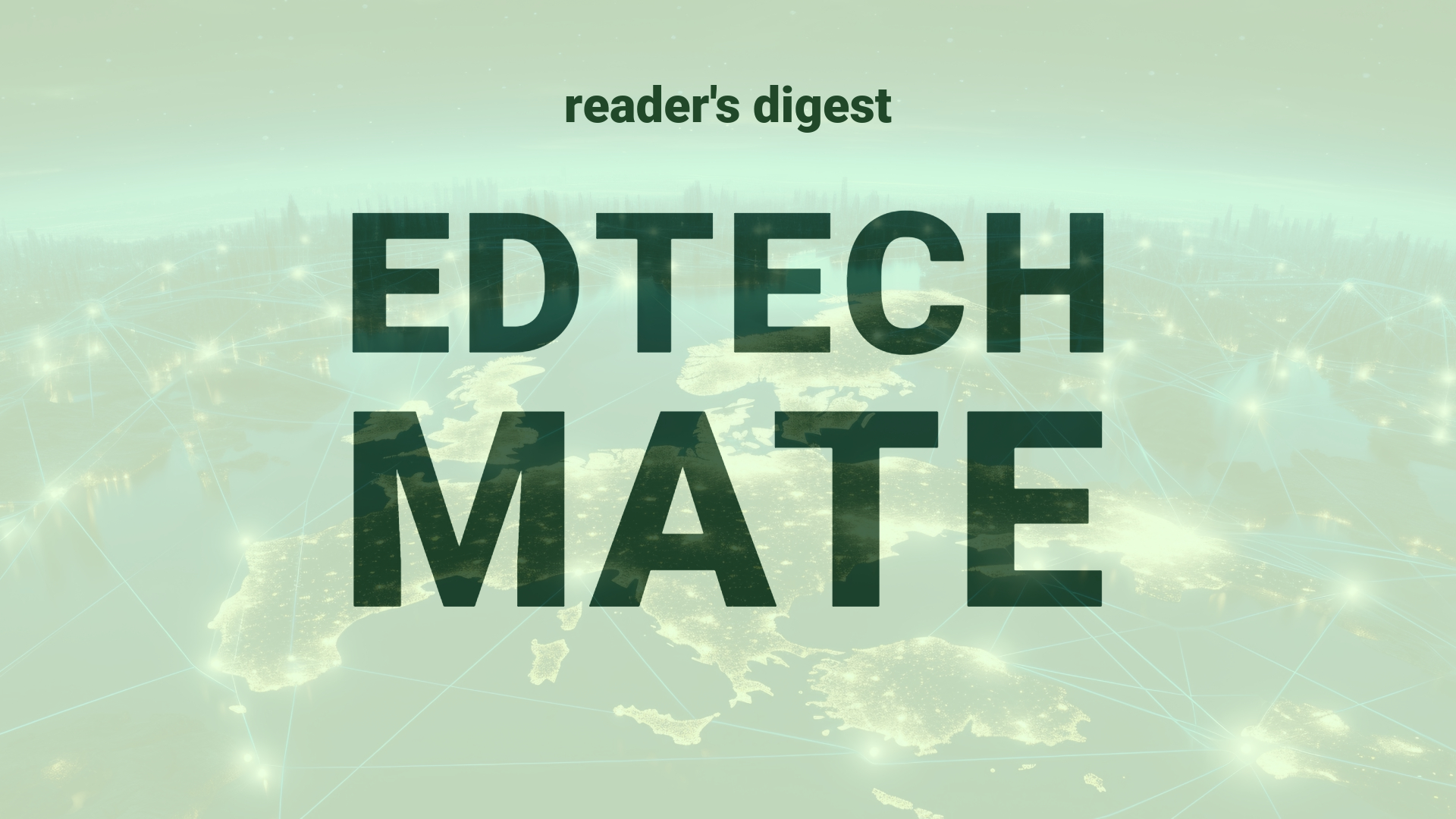Executive Summary and Main Points
Repsol, a multi-energy company has launched an innovative initiative to extend generative artificial intelligence (AI) to all employees through the web assistant Copilot developed by Microsoft. This move aims to enhance productivity and efficiency by providing tools for precise internet searches, summarizing web documents, generating images, and more within secure environments. A pilot project with 600 participants in late 2023 displayed significant benefits in effectiveness and time savings, motivating its expansion to the wider employee base. The company is also preparing a global rollout of Copilot Microsoft 365 and a specific training program in generative AI throughout 2024 to better leverage these technologies. This strategy aligns with Repsol’s digitalization efforts and serves as a pioneering approach in the European energy sector’s embrace of disruptive AI capabilities.
Potential Impact in the Education Sector
In the context of Further Education and Higher Education, Repsol’s integration of generative AI can inspire educational institutions to adapt similar tools for enhancing research capabilities, document processing, and personalized content creation. The move towards digitalization and specialized AI training programs sets a precedent for universities to consider strategic partnerships with tech giants like Microsoft. This would prepare students with the requisite digital literacy, especially in the area of ‘prompting’ skills essential for interacting with generative AI systems. For Micro-credentials, this innovation showcases an example of how AI can support professional development and lifelong learning within the industry, reflecting a shift towards more technologically advanced and efficient educational practices.
Potential Applicability in the Education Sector
Innovative applications of generative AI in global education systems could include AI-powered virtual assistants to support academic research, enhanced learning management systems with AI-driven content generation, and real-time language translation services to facilitate international collaboration. AI could also be used to personalize educational experiences, optimize administrative tasks, and contribute to the development of AI-centric curricula, which, in turn, would cultivate students with future-ready skill sets. Adapting Repsol’s training initiatives, higher education institutions could establish ‘AI literacy’ courses and micro-credentials to address the growing demand for proficiency in digital tools and AI applications.
Criticism and Potential Shortfalls
While the deployment of generative AI holds promise, there are critical concerns and potential drawbacks, such as the risk of reinforcing biases present in training data, challenges in ensuring data privacy and security, and the digital divide exacerbating educational inequities. Comparative international case studies, such as the introduction of AI in varying cultural contexts, often reveal disparities in technological adoption and ethical considerations. For example, institutions in regions with stringent data protection laws may face more significant hurdles in implementing such AI tools. The cultural acceptance of AI in pedagogy also varies, demanding sensitive integration strategies that do not alienate faculty and students rooted in traditional teaching methodologies.
Actionable Recommendations
For institutions looking to incorporate similar technological advancements, it is recommended to pilot AI integrations with a focus group, assess the outcomes, and refine the approach prior to a wider rollout. Partnerships with tech companies for access to AI tools should be explored, with careful consideration of privacy and data governance. Curating AI literacy programs and integrating AI into the curriculum would help future-proof the student workforce. Establishing centers of excellence for AI within institutions can facilitate cross-disciplinary innovation. Finally, maintaining an ongoing dialogue on the ethical use of AI in education is essential to ensure alignment with institutional values and global educational standards.
Source article: https://www.cio.com/article/2146830/repsol-democratiza-la-ia-generativa-entre-sus-empleados-con-copilot.html

